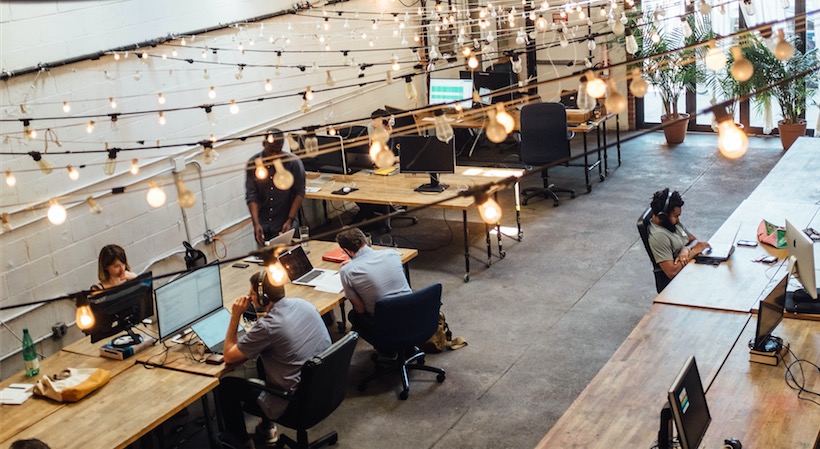As coworking spaces grow in popularity, entrepreneurs may be placing their intellectual property in jeopardy.
While many coworking spaces emphasize the synergy that stems from the free flow of ideas among tenants (both symbolized and facilitated by the absence of physical barriers between working areas), entrepreneurs should be aware of the risks inherent to such low-privacy environments.
While the explosive growth of coworking spaces is a testament to the effectiveness of such open-format environments, how can entrepreneurs protect their intellectual property?
Special offer: Get the essentials to deliver great customer support, fast — for just $25 a month
Confidentiality is key
All companies are best served by maintaining the confidentiality of their intellectual property.
Ideally, any disclosure to another party should be accompanied by a non-disclosure agreement (NDA). Although general NDAs are rising in popularity, consider preparing an NDA tailored to each specific relationship you engage in, in order to capture the specific scope of each partnership.
Although the NDA should not significantly disrupt the formation of a relationship, certain key terms should be considered.
For example, the NDA may include any of the following:
- Which party (or parties) bear a duty of confidentiality
- Which entities or individuals are involved in the agreement
- What the definition of confidential information is agreed to be
- What exceptions to duties of confidentiality might exist (including, for example, knowledge of information that is already publicly known)
In some scenarios, however, parties may wish to avoid asking a counterparty for an NDA – or a counterparty may even refuse to sign an NDA. Where an NDA is impractical or impossible, be careful to avoid disclosing any information that may be considered confidential.
Related: Coworking Spaces of Detroit Featuring Bamboo and WeWork
Prioritize physical security
Be conscious of the risks of inadvertent public disclosure and take the simple steps to increase physical security when working out of a public space. Avoid exposing confidential documents or conversations to the public whenever possible.
Accidental disclosure of confidential information may create a bar to patentability in the future, or even forfeit the right to potential trade secret protection.
It’s quite simple: when working in a shared space, take precautions when it comes maintaining the confidentiality of your company’s physical and intellectual property.
Although no security measure is perfect, simple precautions can and should be taken: don’t leave unattended documents easily accessible, secure documents in a locked container, and be aware of your surroundings when having confidential conversations in a communal workspace.
Sign Up: Receive the StartupNation newsletter!
Summary
Young companies encounter a great many challenges to success, and coworking spaces have made significant strides in lessening the burden of these challenges. However, entrepreneurs should be aware of common intellectual property pitfalls encountered both inside and out of coworking spaces.
Simple actions, such as remaining mindful of maintaining confidentiality and entering into written agreements with collaborators provide entrepreneurs with considerably increased intellectual property protection.
Armed with an awareness of the intellectual property pitfalls commonly encountered by similar businesses and the steps that may be taken to avoid these pitfalls, entrepreneurs can have confidence in knowing that they have taken the first steps in establishing a meaningful intellectual property protection plan.






